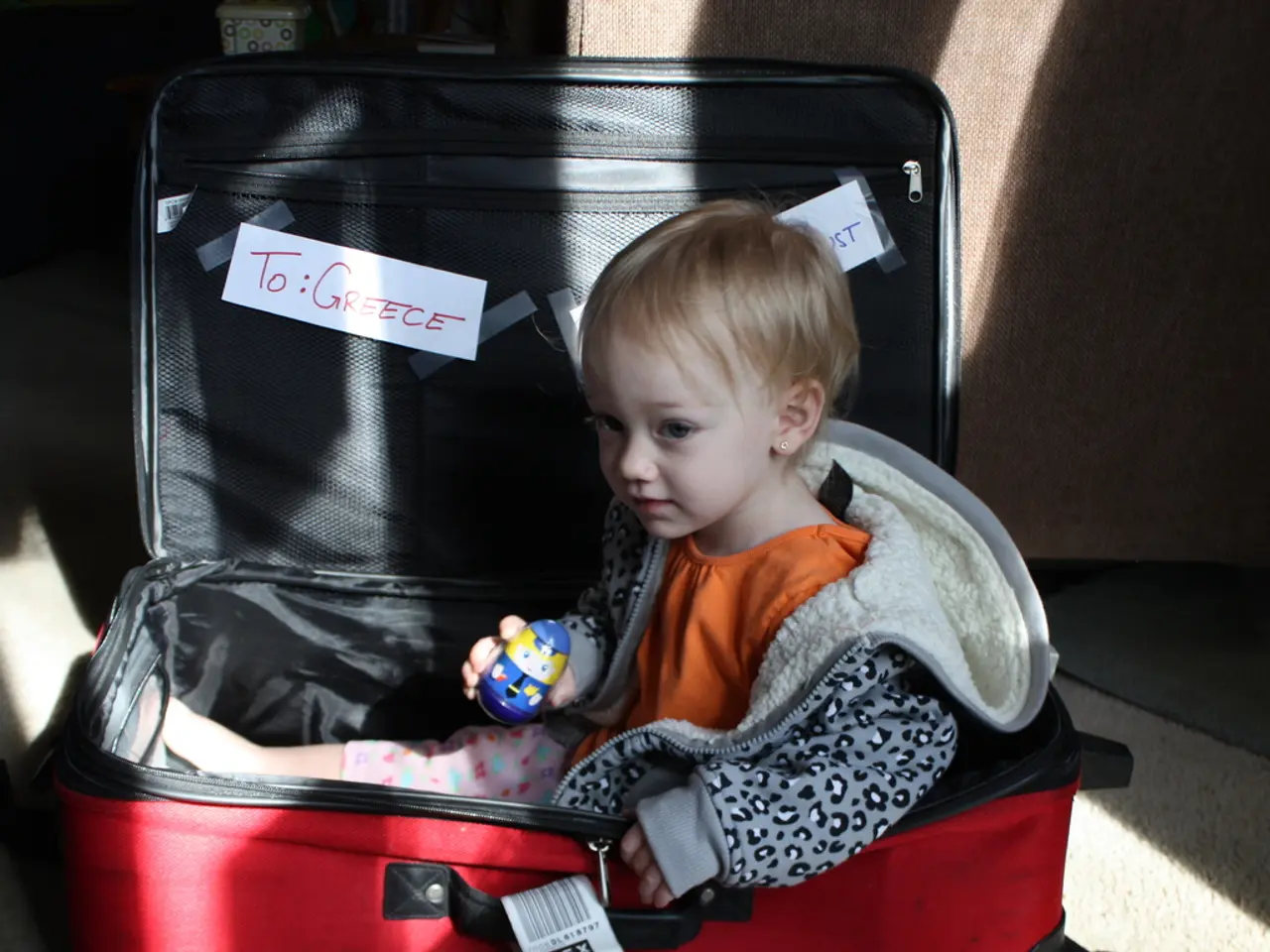Greece's intensifying demographic predicament exposed by school shutdowns
In a bid to combat a demographic decline, the Greek government has introduced a €1.6 billion package offering tax reductions and financial incentives for families with multiple children, as well as plans to increase pensions and build affordable housing on abandoned military sites. However, the measures have been met with criticism due to allegations of corruption within the government, rising living costs, and structural problems such as insufficient childcare availability, high child-rearing costs, and acute housing shortages.
The trend of a shrinking population in Greece is evident, with the number of women of childbearing age (20-40) dropping by 500,000 between 2001 and 2021. This downward trajectory shows no signs of abating, with every school year bringing further losses.
Greece's education system is feeling the brunt of this demographic crisis. The country maintains nearly as many schools as the Netherlands, but educates less than half as many children. Over 750 schools in Greece are closing this academic year due to a steep decline in births, with most of the closures occurring in primary schools and kindergartens.
The number of pupils in Greece has dropped sharply over the past seven years, with primary education losing over 111,000 students since 2018. This has resulted in an "acute demographic problem" that is causing school closures to increase each year. The problem is affecting both rural communities and major urban areas, including parts of the Attica region around Athens.
One of the most affected areas is rural Greece, where children are forced to travel as far as 80 kilometers each day to attend the nearest functioning school. The school closures are a significant challenge for these communities, which are already struggling with a lack of resources.
The debt crisis of the 2010s has exacerbated the demographic situation in Greece, forcing many young people to postpone family plans. As a result, Greece's fertility rate now stands at 1.3-1.35, among the lowest in Europe, while the average age for a first child has risen above 32 years.
Despite the challenges, there are some signs of hope. Pserimos in the Dodecanese reopened in 2025 for just five children, two in primary school and three in kindergarten, after being closed since 2009. For the 2025-2026 academic year, Greece is suspending 766 out of its 14,857 schools.
Greek officials and experts have warned of a deep demographic crisis that is reshaping Greece's education system. The government's efforts to encourage childbirth and address the housing shortage are crucial steps in addressing this crisis, but it is clear that more needs to be done to ensure a brighter future for Greece's children.
Read also:
- Understanding Hemorrhagic Gastroenteritis: Key Facts
- Stopping Osteoporosis Treatment: Timeline Considerations
- Tobacco industry's suggested changes on a legislative modification are disregarded by health journalists
- Expanded Community Health Involvement by CK Birla Hospitals, Jaipur, Maintained Through Consistent Outreach Programs Across Rajasthan







